The International Institute of Space Law (IISL) held the 13th Annual Eilene Galloway Memorial Symposium on Critical Issues in Space Law last month at the Cosmos Club in Washington, DC. The Symposium centered around one of the fundamental missions of IISL: the promotion of the rule of law in the peaceful exploration and use of outer space. From the opening keynote to the closing panel, presenters considered the issues of what the law is, what law do we need, and how do nations and individuals comply.
In the keynote morning address, Kevin O’Connell of the Office of Space Commerce explained how the Commerce Department is addressing the need to authorize and supervise activities in space consistent with the Outer Space Treaty, and the need to promote and foster the commercial uses of outer space consistent with U.S. national space policy. Commerce is developing a toolkit for entrepreneurs to interact with regulators, revamping regulation of remote sensing, developing technology-neutral approaches, and applying regulations with a presumption of approval to significantly speed up the approval process.
The first panel of the morning discussed issues of space traffic coordination and demonstrated that the tools available for conjunction analysis, while sophisticated, have an unacceptable degree of uncertainty. Discussion with attendees included the issue of how data gathered by commercial operations at great cost can or should be shared as a public good. An unresolved question is how or whether uncertainty or misinformation could undermine Space Situational Awareness.
Additional panels addressed:
- the aspirational nature of the Outer Space Treaty (which deliberately left many issues to subsequent agreement);
- that the concept of “due regard” will become more important as non-traditional uses of outer space proliferate and expand;
- that the altitude for being in orbit depends on the time of year, solar activity, latitude, and shape of the object but always in the range of 65 to 90 kilometers. (Lawyers take note, the answer is: “It depends”);
- and that intentional but different definitions of airspace and outer space may be appropriate for different circumstances (e., national security versus space tourism versus contamination/harmful interference).
Peter Martinez of the Secure World Foundation gave the luncheon keynote in which he emphasized that space sustainability is inherently multilateral. He explained that the Technical Subcommittee of the United Nations Committee on the Peaceful Uses of Outer Space made substantial progress by dividing the work into smaller working groups. One is reminded that a similar technique was used successfully to break logjams in the negotiations between the USA and USSR on non-proliferation treaties.
Afternoon discussions on the “rule of law” in space explored other interesting issues such as the concept of “due regard” in the Outer Space Treaty as compared to the “balance” required under Islamic law; that China has embraced the concept of rule bylaw and not rule oflaw in space activities; and the growing tendency of developing nations to challenge international laws made without their participation.
The final panel of the day addressed international cooperation in the scientific exploration and use of outer space. Panelists discussed:
- the roles and responsibilities of the European Space Agency and the importance of standardized legal clauses regarding exchange of funds, exchange of property, cross-waivers of liability, and privileges and immunities;
- the roles and responsibilities of JAXA for national security, international space exploration, industrial development and aeronautical research;
- NASA’s 600+ international agreements with foreign governments, space and aviation agencies, universities and private companies, including recent agreements with Israel for a Lunar mission and with the UAE Space Agency for cooperation in human spaceflight;
- and the importance of dispute settlement clauses in international agreements and the imperative for lawyers to get out of the way to let scientists and engineers do their jobs.
Following the Symposium, many participants accepted the hospitality of the American Society of International Law, who had extended an invitation to their annual Holiday Open House at their headquarters, the Tiller House, outside of DuPont Circle.
The 2018 IISL Galloway Symposium was organized by IISL Treasurer and LMI Advisors Consulting Principal Dennis Burnett. LMI Advisors was an anchor sponsor, and LMI Managing Principal Carlos Nalda spoke at a panel on Careers in Space Law as part of the NASA Space Law Network. More information on the event can be found at: https://iislweb.org/.

